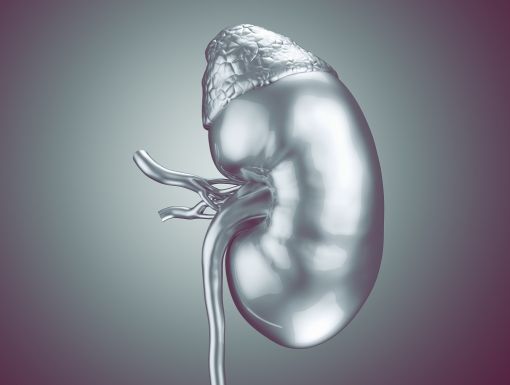
Do NSAIDs Cause Kidney Injury?
Non-steroidal anti-inflammatory drugs, or NSAIDs, are medications that help to reduce inflammation. They also control pain and fever and are available over the counter and by prescription. Common NSAIDs include ibuprofen (Advil, Motrin), aspirin (Bayer), and naproxen sodium (Aleve). These drugs are typically safe if they are used infrequently, but for people with decreased kidney function or chronic kidney disease, they should be avoided.
Are NSAIDs safe to take?
NSAIDs are typically safe to use. However, many patients are sensitive to the side effects of these medications, even with normal kidney function. If you have reduced kidney function or have a number of other medical conditions, you may be much more likely to have problems with taking these drugs.
NSAIDs can affect kidneys by several different mechanisms. They can cause high blood pressure and can also interact with some blood pressure drugs in a way that prevents them from working correctly such as diuretics, ACE inhibitors, and ARBs which are a group of drugs that are designed to relax blood vessels. NSAIDs may increase your fluid retention and can lead to decreased blood flow to kidneys. This is because NSAIDs block prostaglandins, which are the natural chemicals that dilate blood vessels and allow oxygen to reach the kidneys to keep them alive and healthy.
Can you take NSAIDs if you have kidney disease?
NSAIDs generally should be avoided in patients who have advanced kidney disease. In some circumstances, NSAIDs can be used for a short period of time in patients with mild to moderate renal disease. If these medications are used, doctors will monitor for side effects by checking blood tests more frequently. In one study, people who took NSAIDs showed double the risk of acute kidney injury within 30 days of starting the medication.
Is kidney damage caused by NSAIDs reversible?
The damage that is caused by these medications can be reversible if the drug is stopped, but there is also a chance that the damage will not be able to be reversed. In some cases, the damage is so severe that it will cause the patient to need dialysis.
Are there other options?
Safer options for patients with chronic kidney disease include acetaminophen (Tylenol) or aspirin. Tylenol does not treat inflammation, but it can help both pain and fever. While aspirin is an NSAID, in low doses, it does not pose a significant risk to kidneys.
Are there other side effects from taking Aspirin and Tylenol?
Other side effects of Tylenol include liver disease as well as issues with patients on blood thinners. Aspirin side effects can include an increased risk of bleeding and stomach ulcers. Doctors recommend that patients who take aspirin should take it with food.
As the regional expert in the diagnosis and treatment of kidney disease, Ochsner offers a full range of nephrology services. Learn more here.



